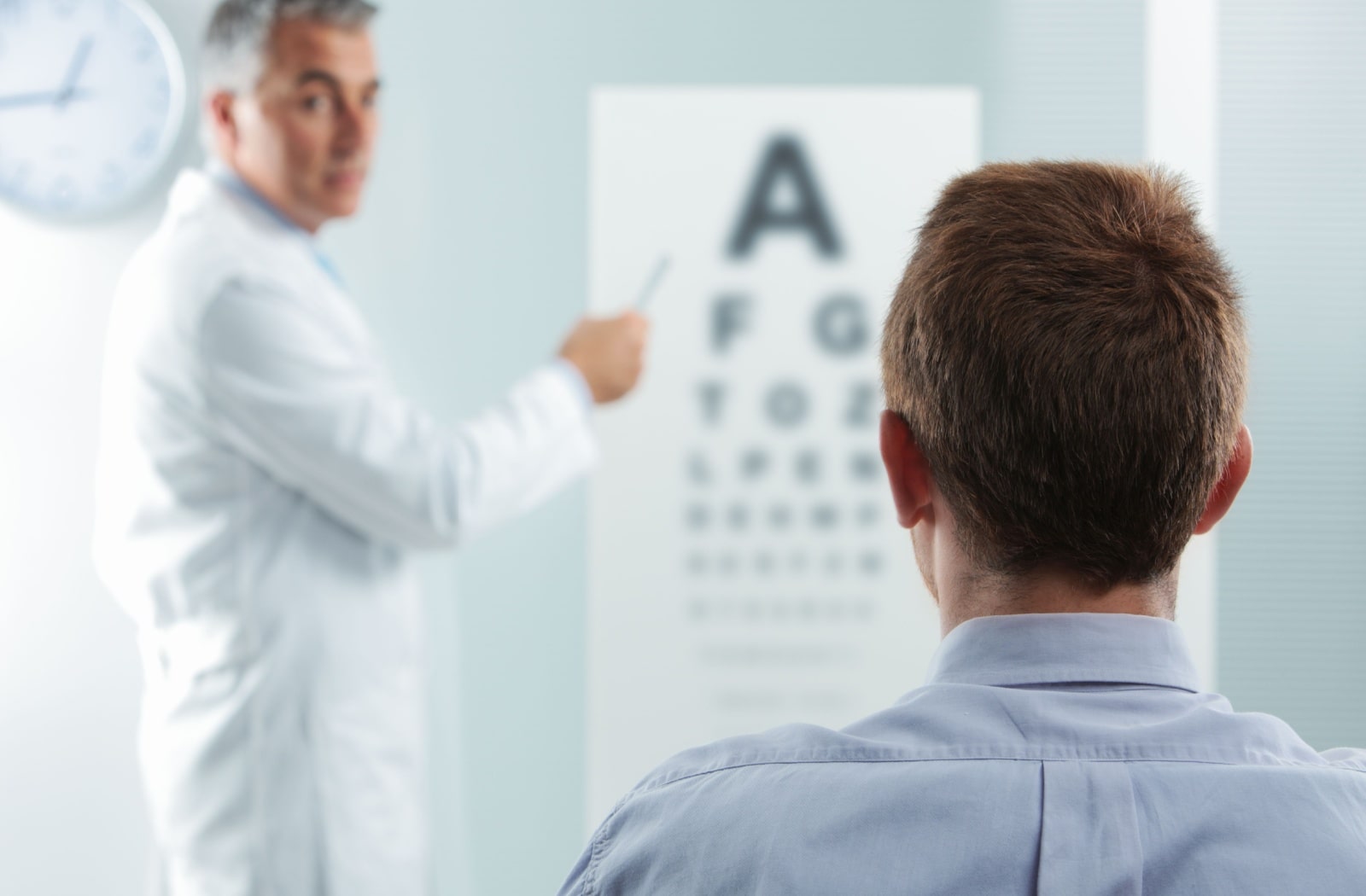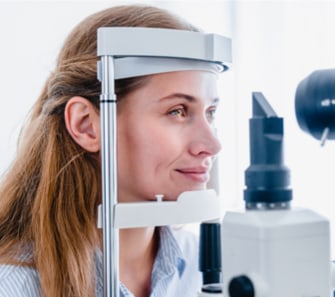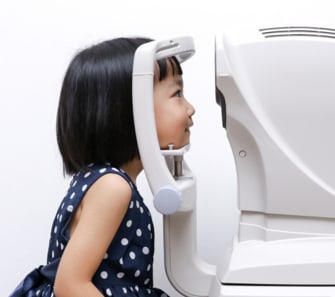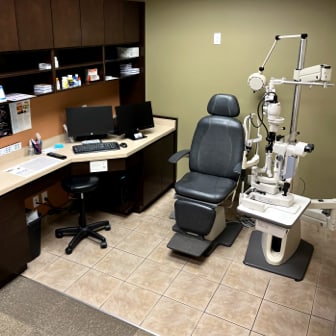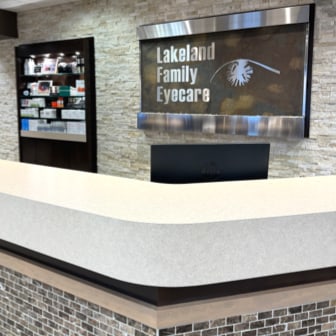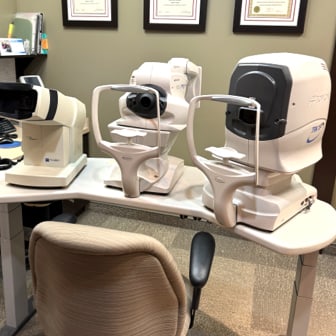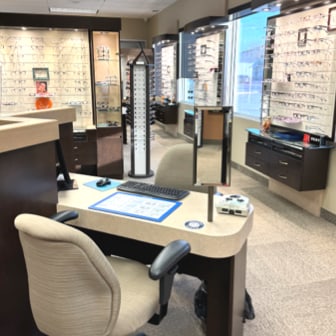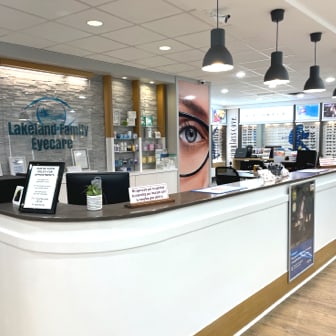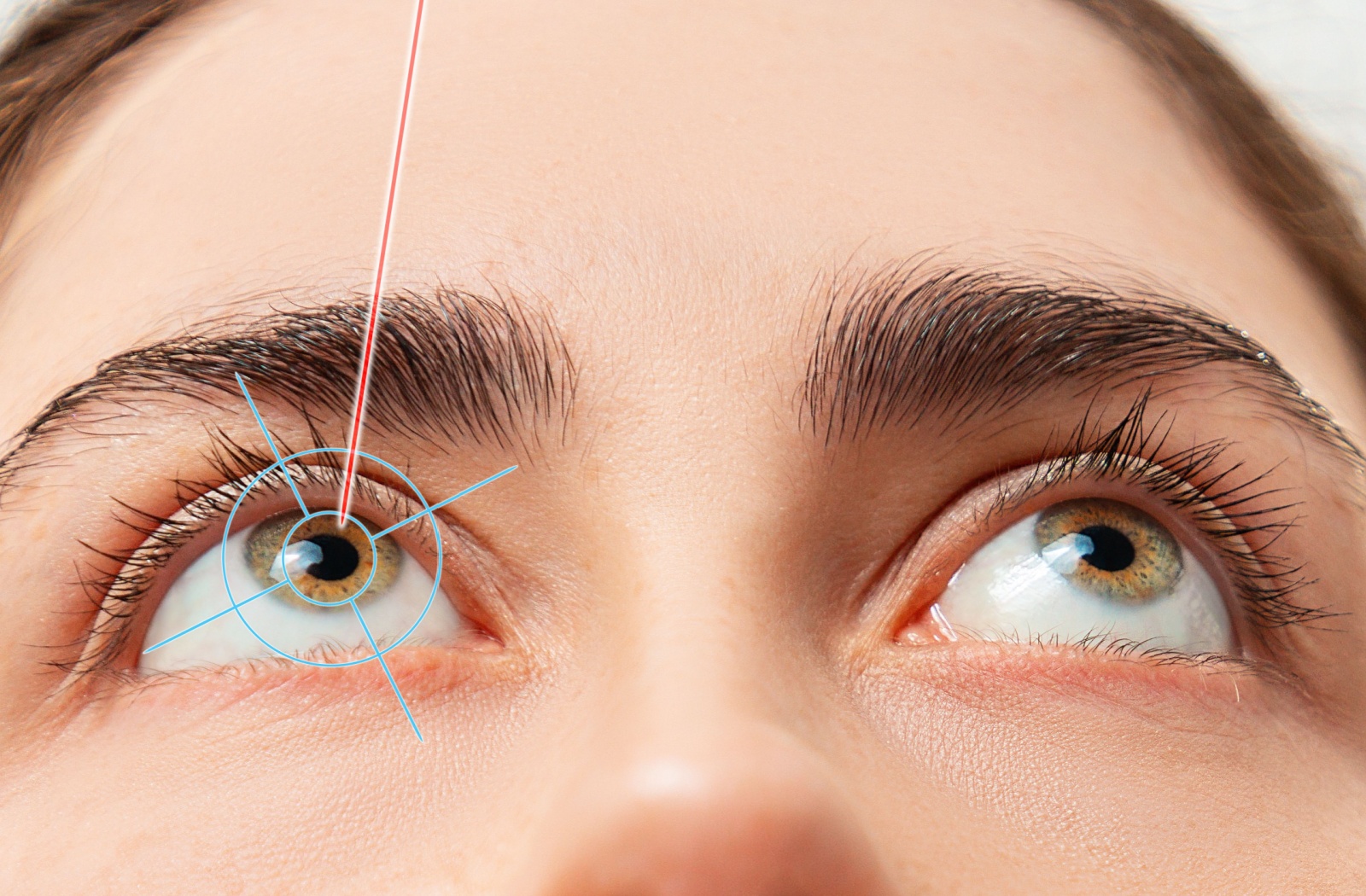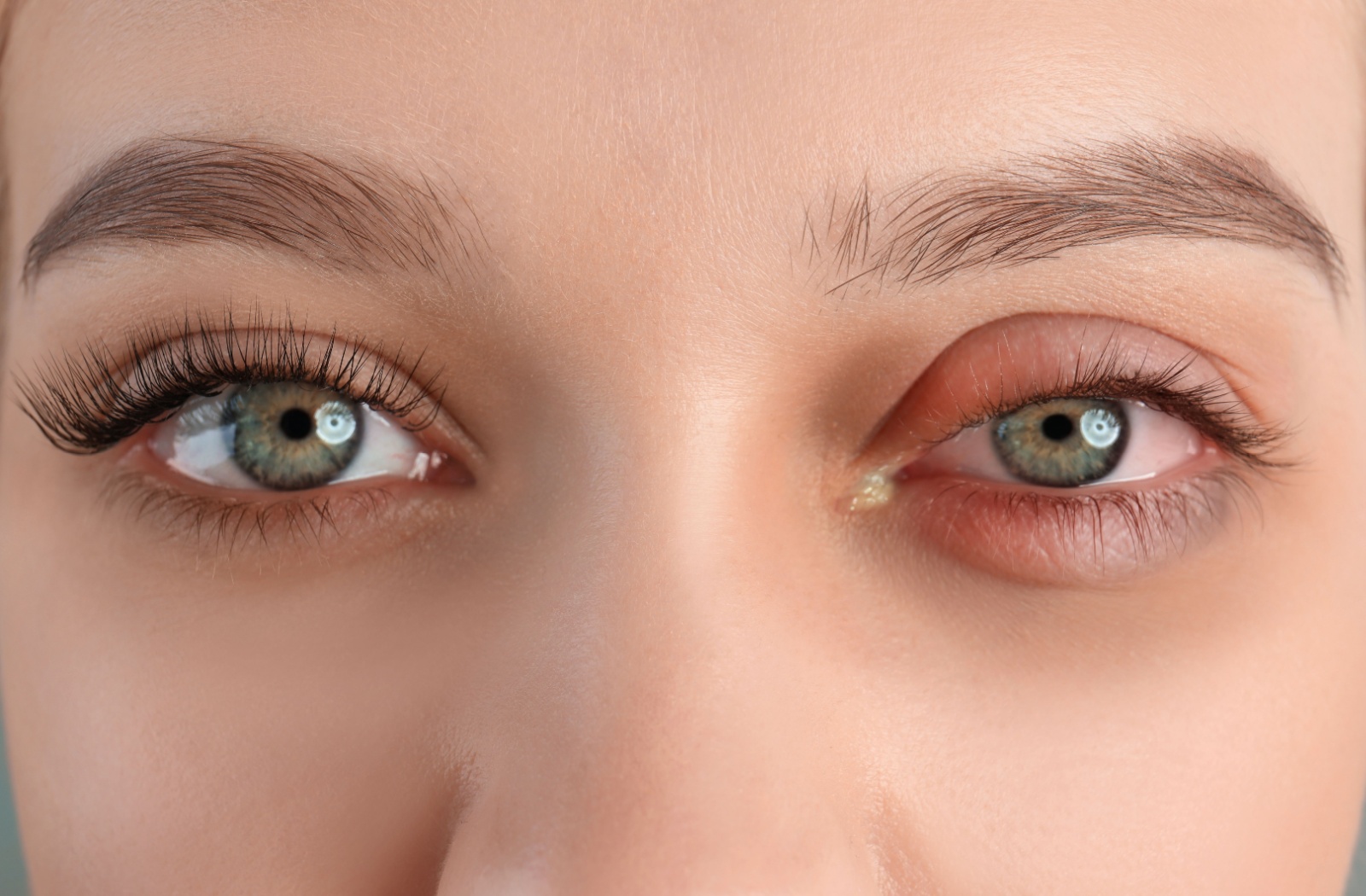From childhood through the golden years, your eyes undergo physiological changes that can affect your vision. Regular eye exams are pivotal in preserving your eyesight through the early detection and management of possible conditions.
But how often should you schedule an eye exam? Adults aged 20 to 64 should have an eye exam at least every 2 years, and seniors 65 and over should have an eye exam at least once a year. Your optometrist may suggest more frequent eye exams based on your overall health and potential risk for developing certain eye diseases.
The Importance of Regular Eye Exams
A common misunderstanding for many is equating eye exams solely with vision correction. If you can see fine, why get your eyes checked? While obtaining the right prescription for your eyeglasses or contact lenses is part of an eye exam, the exam’s core focus is your ocular health.
Like scheduling a routine physical with your doctor to check for issues and monitor overall health, there are also several benefits to having regular eye exams.
Early Detection of Eye Problems
Detecting eye conditions and diseases in their early stages often means more effective treatment plans. Since many eye diseases present with no noticeable symptoms, eye exams can help safeguard vision if caught early.
Common eye problems in adults can include the following:
- Presbyopia: An age-related eye condition that affects your ability to focus on close objects. Symptoms of presbyopia are headaches, blurry vision, sore eyes, and requiring more light to see.
- Cataracts: Clouding of the eye’s natural lens that causes it to lose its transparency and leads to distorted or cloudy vision.
- Diabetic retinopathy: High blood sugar causes the weakening of the tiny blood vessels in the back of the eye. It can lead to blindness if not treated.
- Age-related macular degeneration: Causes loss of central vision due to degenerative changes to the back of the eye or the macular.
- Glaucoma: Has no visible signs until significant vision loss occurs from damage to the optic nerve at the back of the eye from high eye pressure.
Preserving Overall Eye Health
A comprehensive eye exam evaluates vision issues and general eye health. Your optometrist or ophthalmologist can detect eye conditions affecting eye health, such as dry eye, digital eye strain, and even signs of systemic diseases.
Vision Correction
Correcting vision impairments can dramatically enhance quality of life. Improved vision can lead to better academic performance for children, higher productivity for working adults, and overall well-being for individuals of all ages.
Recommended Frequency for Eye Exams
While eye exam schedules may vary based on individual cases, the Canadian Association of Optometrists provides a general guideline for different age brackets.
Infants & Toddlers
A baby’s first eye exam should be between 6 and 9 months. Eyes, after the first few months after birth, can be crossed or out of alignment. However, if they remain crossed or misaligned after 6 months, an eye exam can diagnose crossed eyes and help determine the right treatment, such as corrective lenses or vision therapy.
Preschool & School-Aged Children
Preschoolers or children ages 2 to 5 should have one eye exam to monitor essential visual skills, such as hand-eye coordination, depth perception, and general visual development. School-aged children aged 6 to 19 should have annual eye exams unless directed otherwise by your eye doctor.
Adults
Adults between 20 and 64 should have an eye exam every 2 years. Adults with health conditions such as diabetes or other eye conditions may warrant annual eye exams.
Seniors
Seniors 65 and older should have annual exams due to the prevalence of age-related eye conditions, low vision, and a higher risk of eye diseases.
Factors Influencing Eye Exam Frequency
Several factors determine how frequently you should undergo an eye exam. While there’s no one-size-fits-all answer, considering age, personal health history and family eye health history can facilitate decision-making.
For high-risk groups, such as those with diabetes, high blood pressure, or a family history of eye diseases, yearly exams or more frequent visits to your eye doctor may be necessary for close monitoring of eye health and management of treatment strategies.
Genetics can significantly impact your predisposition to eye disorders. If you have a parent or sibling diagnosed with an eye condition, you may require more frequent eye exams.
Signs You Need an Eye Exam
It’s important to note that some eye diseases do not exhibit early warning signs. Thus, regular eye exams serve as proactive measures rather than reactionary steps. If you’re unsure, here are some signs of vision problems in children and adults that warrant an eye exam:
- Red or itchy eyes
- Watery eyes
- Eye turning
- Excessive blinking or eye rubbing
- Squinting or covering one eye
- Frustration with learning
- Short attention span
- Sensitivity to light
- Holding objects too close to the eyes
- Light sensitivity
- Sudden vision changes
- Eye pain
- Flashes of light
- Dull colours
- Poor depth perception
- Troubles with reading or writing
- Difficulty reading and writing or doing detailed tasks
- Difficulty driving at night
- Uncontrolled eye movement
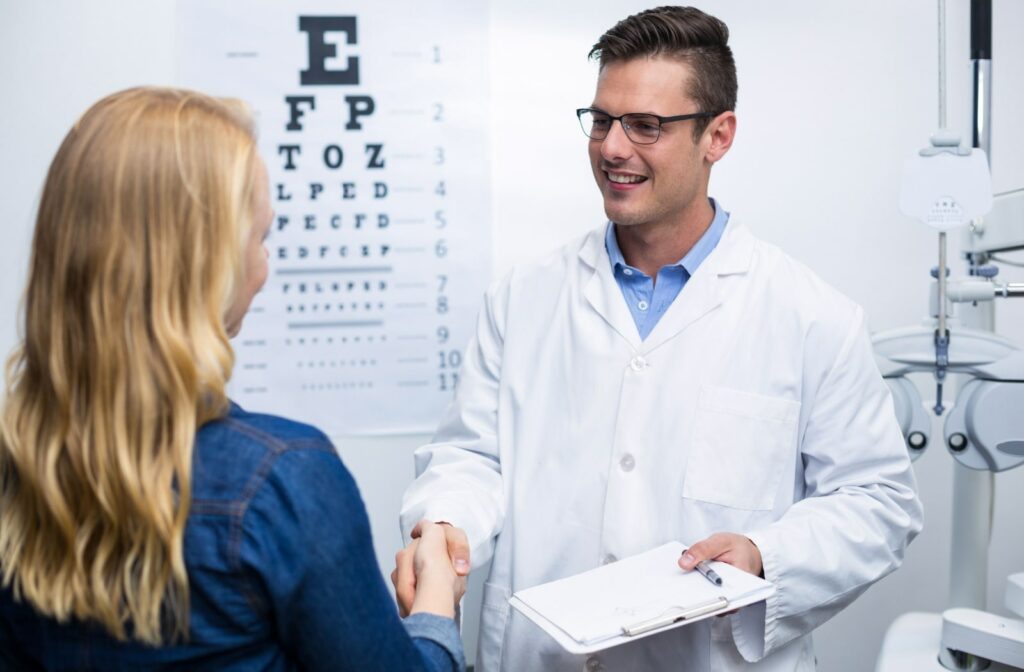
Eye Exams for Preserving Vision
Regular eye exams are the foundation of preventative eye health care. By knowing the recommendations for frequency, you can help preserve your vision.
You don’t need to wait for signs of a problem before seeing your eye doctor. If you can’t recall when you last had an eye exam, or maybe it’s been over a year since your previous comprehensive eye exam, book an appointment with Lakeland Family Eyecare today.

